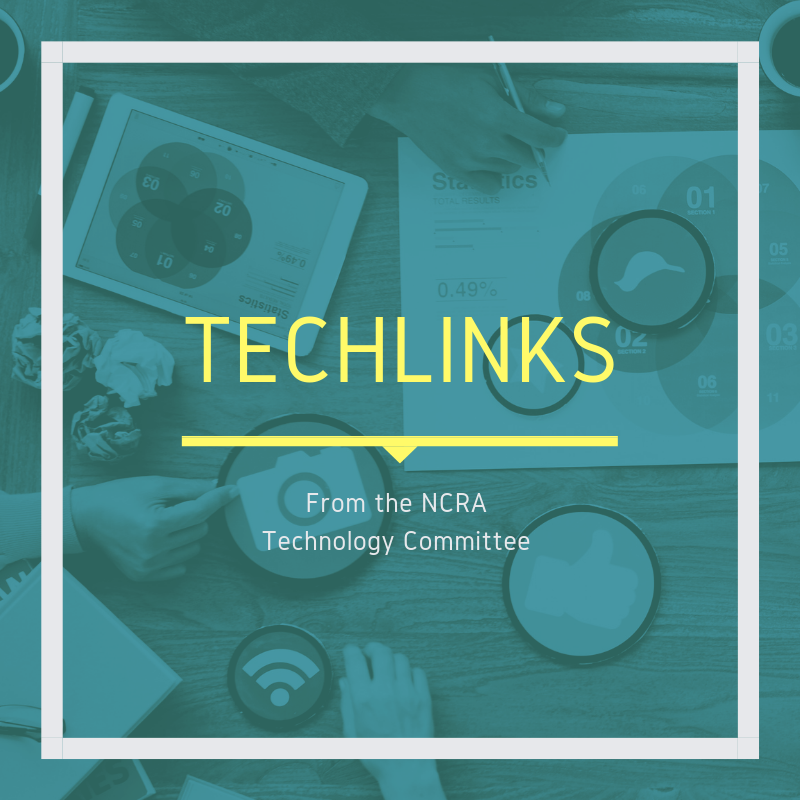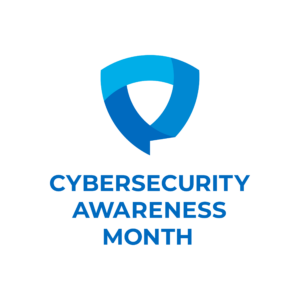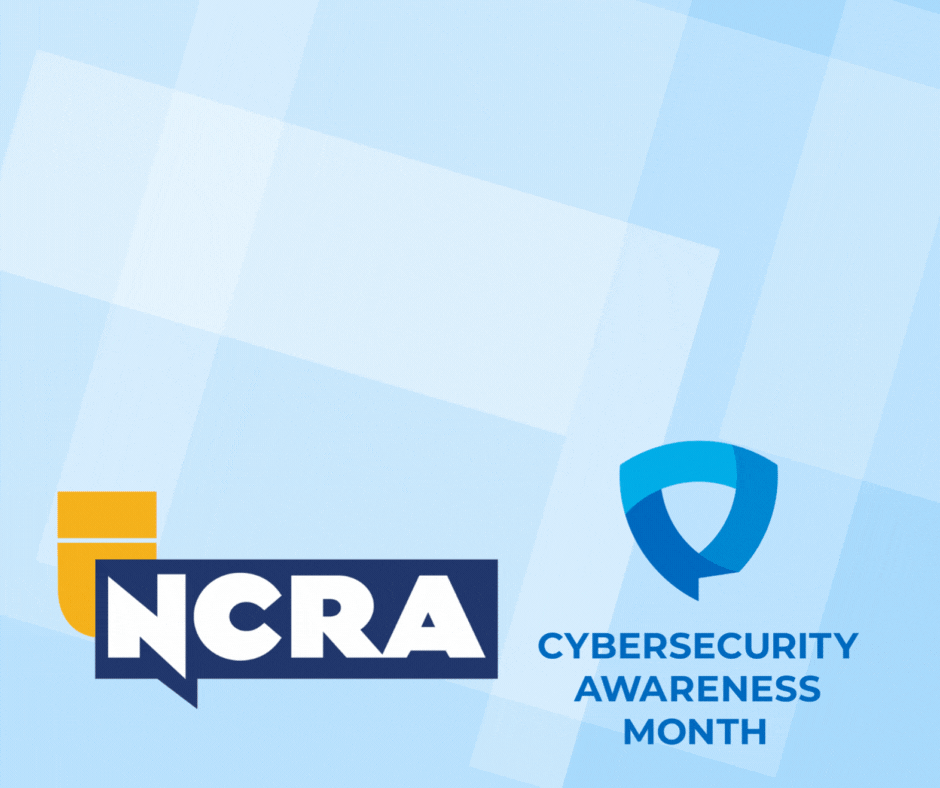By Lynette Mueller
1. Family ties are more important than ever before.
There’s been so much devastation during this past year because of the pandemic, and it brings a huge reality check to our personal lives. Reflection and introspection are top of mind during these days staying at home.
According to a CDC report from last August:
“The coronavirus disease 2019 (COVID-19) pandemic has been associated with mental health challenges related to the morbidity and mortality caused by the disease and to mitigation activities, including the impact of physical distancing and stay-at-home orders.”
Family is my top priority always — now more so than ever. Last year at the beginning of the pandemic, my husband and I started being intentional about staying in touch, via FaceTime, with my husband’s parents. Every Friday after work, they look forward and count on us to FaceTime them. My husband’s mom recited an exchange with her doctor during one of her visits. It went something like this:
Doctor: “How are you doing mentally? Do you find that you’re experiencing depression lately?”
Dean’s Mom: “Not at all! Our kids call us every Friday on FaceTime, and it’s like they’re in our living room.”
2. We are all heroes during this pandemic! And court reporters especially play a vital role in keeping cases moving forward.
I’ve always maintained that reporters are a resilient lot — the pandemic has proved time and time again that we are. We’ve always been faced with challenges from the beginning of our career, albeit on a totally different scale now. Because we were able to pivot during this past year, we were able to survive rather than sustain a huge financial loss for us and our families!
“The art of pivoting is invaluable. You need to have the ability to pivot and find a solution at any given moment.” – Anthony Langone, Marbaloo Marketing
3. Our state and national organizations play a vital role in a court reporter’s life, and we need to continue to support them and each other.
Our profession is definitely technologically savvy. I have been doing remote depositions for more than 10 years for mostly out-of-state clients. Of course, today the remote proceeding, in some form or fashion, is now prevalent for the legal community. Our stenographic skill is one that not everyone has the capability or drive to do — we are amazing — and the service we provide is invaluable. Because of our technological knowledge and skill, it’s no wonder that we as a profession pivoted almost effortlessly when the pandemic struck earlier this year. Our state and national organizations were there with us every step of the way by providing us webinars, articles, and remote conventions to help fast-track us to optimize the remote deposition setups. This relieves stress on us by providing the pathways to success going forward.
4. Court reporters are flexible with remote reporting while moving away from the in-person experience.
Because of remote reporting and not as much commute time, we now are more productive with our work than ever before. The extra time gained by not having to commute can be concentrated on other things and having a healthy work-life balance. More time to cook, read, craft, and so much more!
One of the very good things as a result of the pandemic? The new babes, of course! Last March and April, I was commissioned to crochet a few blankets for some acquaintances. It is one of my passions, so I thought maybe I could do it as a side hustle. Well, after I was able to coach some of my clients about the beauty of Zoom depositions and the bookings started picking up, I then concentrated on my first love of court reporting and put the crochet on the back burner. I still accept commissions, but it’s not a current focus for me.
5. Strong relationships can make your business!
My small business was strengthened and survived because of our attorney clients and our court reporting clients. Some parts of the country adapted and adopted to remote reporting more readily than others when the pandemic hit. Because of our certifications in the tri-state area, we were able to assist our court reporting partners with their remote deposition needs when they needed it most. I am forever grateful to all our clients for their support of our small business!
6. Attorneys look to us sometimes to be their personal resource for these remote depositions — and that’s OK.
This is our opportunity to shine and show the extra value we provide to them with our technological savvy! As the guardians of the record, we court reporters provide an extremely valuable service to the legal community not only with our stenographic skills, but also by paving the way for our clients so that they can keep on fighting and working for their clients. The wheels of justice can keep turning because of how resilient court reporters are, rising to each challenge the legal community has faced and searching and finding truly great solutions these past several months.
7. Sharing my experience and tips re: remote proceedings, along with other members of the NCRA Tech Committee, was my number-one priority.
Here’s a list of some of the articles from the Tech Committee:
Basic Zoom Tips, Tricks and Advice
Five tips for looking great in remote depositions
How to optimize internet connections for remote depositions
Handling of exhibits for remote depositions
What states allow remote and/or online notarization?
Conducting meetings and depositions by remote means
Office setups and remote preparation part of downtime
Ask the Techie: Do you need a new chair?
COVID-19: Looking back through the lens
Then, there’s some additional articles about Zoom listed on my blog:
Five best Mandalorian quotes for court reporters
How court reporters can overcome Zoom gloom
Check your list twice and ask for these Zoom gadgets
Lynette L. Mueller, FAPR, RDR, CRR, is a freelance court reporter based in Memphis, Tenn., and a member of NCRA’s Technology Committee. She can be reached at lynette@omegareporting.com.








